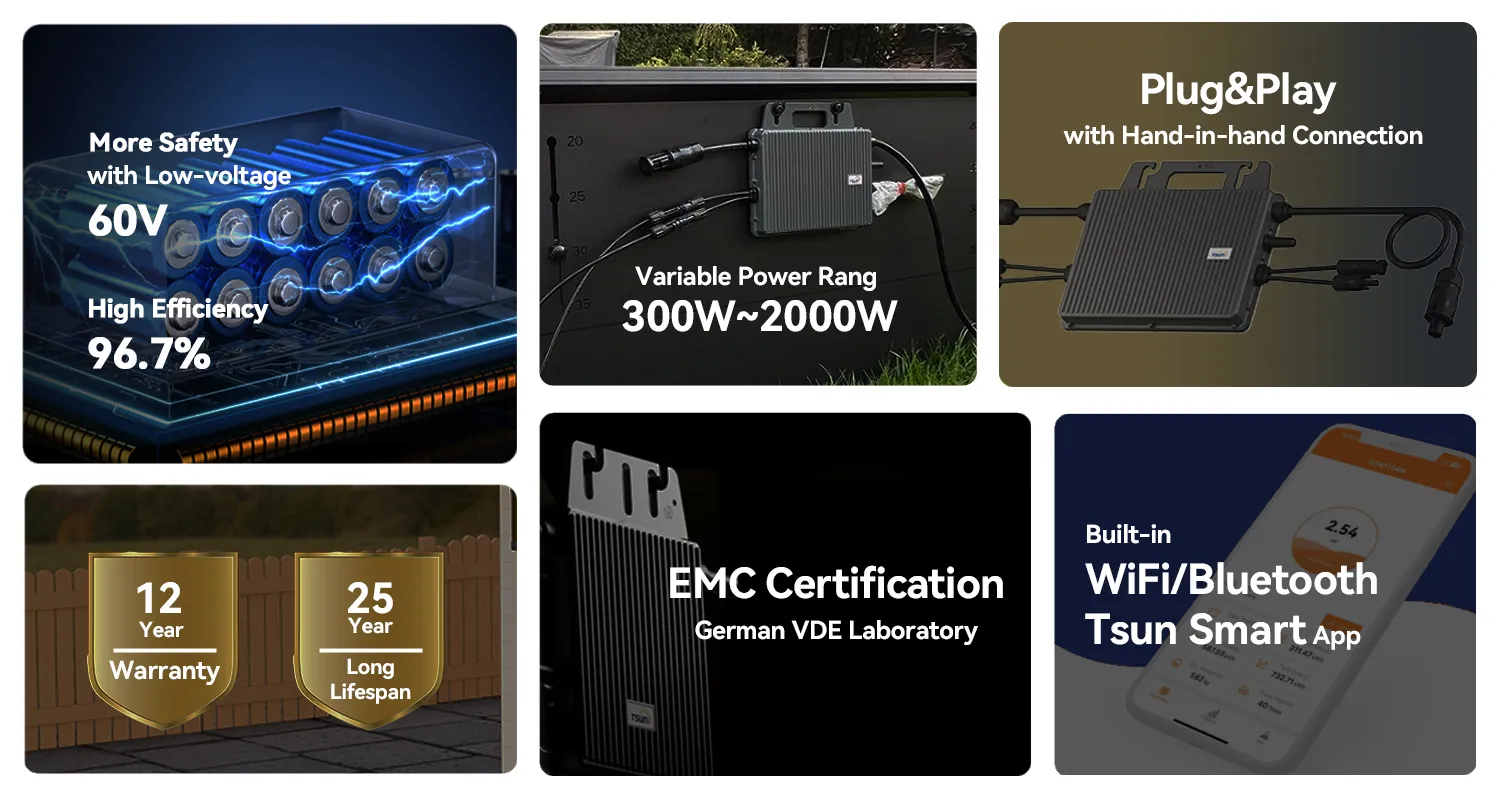Off-grid power storage is revolutionizing how we think about energy independence, especially in areas where traditional power infrastructure is either unreliable or non-existent. This innovative technology not only ensures a consistent energy supply but also aligns with sustainable energy practices, reducing dependence on fossil fuels and enhancing environmental responsibility.

Understanding the core components of off-grid power storage is essential to appreciate its transformative potential. Typically, off-grid systems incorporate solar panels, batteries, charge controllers, and power inverters. The solar panels capture energy from the sun, which is then converted into electricity. This electricity is stored in batteries for use when the sun isn't shining, ensuring a steady power supply irrespective of the time of day. The charge controllers maintain battery health by preventing overcharging, while power inverters convert stored DC energy into AC power, which is compatible with most home and business appliances.
Advancements in battery technology are at the heart of the off-grid power storage revolution. Lithium-ion batteries, once reserved for portable electronics and electric vehicles, are increasingly being adopted in off-grid systems. Their high energy density, extended lifespan, and decreasing cost make them an attractive option. Furthermore, lithium iron phosphate (LiFePO4) variants offer additional thermal stability and safety, important features for those living in remote or isolated regions.

A major draw of off-grid power is the autonomy it affords users. For homesteaders and businesses located far from urban centers, it's an invaluable resource that provides reliability where grid power is too costly to extend. This independence also acts as a safety net against outages and price increases, with users enjoying a degree of control over their energy resources. Beyond financial savings, there's a psychological assurance in knowing that one's energy supply is self-sufficient and secure.
Off-grid power storage systems also have significant implications for developing regions. In areas where building traditional power infrastructure is cost-prohibitive, solar-powered storage systems offer a viable alternative. They empower local communities, providing reliable power for essential services like healthcare, education, and communication. By deploying such systems, non-profits and governmental agencies can foster regional development, contributing to economic and social progress.
off grid power storage
As the adoption of off-grid energy systems expands, so does the need for user education and professional expertise. Consumers must be equipped with knowledge on maintenance and optimization to realize the full benefit of their installations. Regular monitoring of system performance and conducting periodic maintenance ensures longevity and efficiency. Moreover, training local technicians; enhances system reliability and cultivates local job markets, promoting economic empowerment.
Choosing the right off-grid power storage system involves weighing factors like energy needs, geographical location, and budget. Those in sun-rich regions might prioritize high-capacity solar arrays, while others in temperate climates might focus on diverse energy-capturing technologies and larger battery banks. Custom solutions tailored to specific needs can maximize efficiency and return on investment.
Trustworthy suppliers and installers are critical to the successful deployment of off-grid systems. Quality components from reputable manufacturers coupled with expert installation ensure that systems operate at peak efficiency and deliver long-term satisfaction. It's advisable to work with certified professionals who offer comprehensive support, from system design to installation and ongoing maintenance.
Off-grid power storage is not merely a technical innovation; it's a step towards sustainable living. As global energy demands rise and environmental concerns intensify, transitioning to renewable, independent energy sources is both a responsible and forward-thinking decision. By investing in off-grid power solutions today, individuals and communities alike are setting a precedent for a cleaner, more reliable energy future.
In summary, off-grid power storage systems present a promising avenue for those seeking energy independence and sustainability. Through strategic investment in technology, education, and local expertise, users can harness renewable energy's full potential while minimizing environmental impact and maximizing socio-economic benefits. This shift towards off-grid solutions marks an exciting evolution in how we power our lives, fundamentally altering the landscape of energy consumption and availability.
 LEARN DETAILS
LEARN DETAILS



